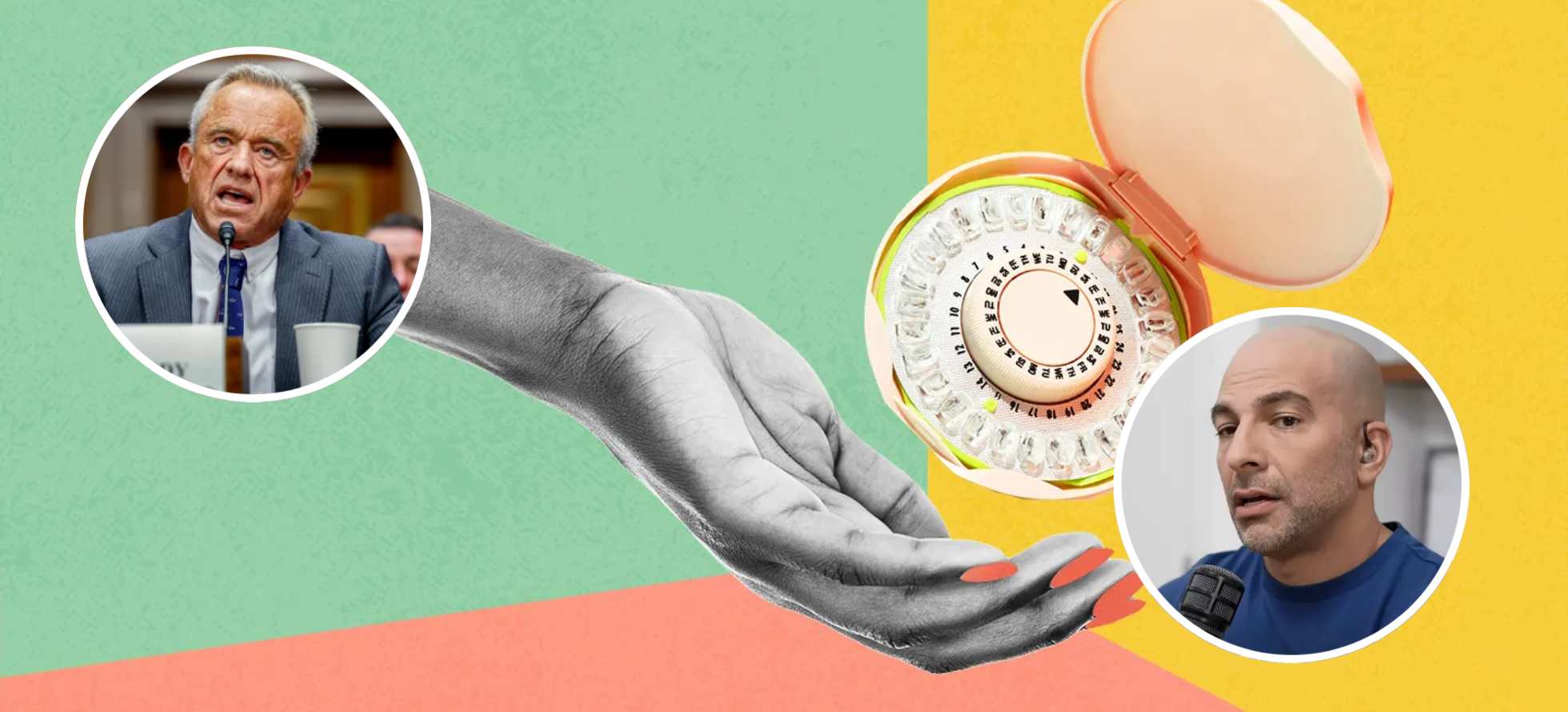Health officials are moving to overturn long-standing fears about hormone replacement therapy for women, with Robert F. Kennedy Jr. declaring that a controversial 2002 study created unwarranted panic that has denied millions of women beneficial treatment for more than two decades.
This renewed focus on women’s health and hormone therapy marks a chapter in the broader Make America Healthy Again (MAHA) movement. Championed by figures like Donald Trump and Robert F. Kennedy Jr., the movement emphasizes the need to challenge outdated medical narratives and restore public trust in science that serves the people. The MAHA program explicitly sets out to reform America’s food, health, and scientific systems to identify the root causes of the chronic disease epidemic and Make America Healthy Again.
In a recent statement, Kennedy addressed what he characterizes as widespread misconceptions about the safety of hormone replacement therapy. He is pointing to new research that contradicts the alarming conclusions that reshaped women’s healthcare at the turn of the century.
“There has never been a study that shows that it increases that HRT hormone replacement therapy for women increases mortalities from breast cancer. There has never been that study,” Kennedy stated.
He cited recent comprehensive research that paints a dramatically different picture than the one that has dominated medical practice for years. “There’s recently been a matter of view of 30 largest studies, 26,000 women, that show if you start taking it prior to 60, it actually dramatically reduces your risk of breast cancer,” Kennedy said.
The implications extend far beyond cancer risk. According to Kennedy, the therapy offers substantial protection against multiple serious health conditions. “Not only that, but it drops the heart attack risk in women by 50%. There are studies that show it drops Alzheimer’s risk by 35%, cognitive decline by 50% to 60%, and bone fractures by 50%.”
Beyond preventing disease, Kennedy emphasized the therapy’s impact on daily well-being. “It also increases happiness. It increases satisfaction in life. It reduces depression. It’s really a life-changing intervention,” he said.
The numbers tell a sobering story of how medical guidance has changed. Kennedy noted that before the 2002 study emerged, “one out of every four American women were on this therapy. Today, it’s one in 20.”
Describing the 2002 research as “very, very weak and deceptive,” Kennedy suggested that its conclusions have had devastating consequences for women’s health.
Even renowned physician Dr. Peter Attia has delivered a critique of how the medical establishment has handled hormone replacement therapy for women over the past quarter-century.
Speaking candidly in an interview about what he views as a catastrophic misstep in women’s health, Dr. Attia minced no words: “It’s very hard not to argue that this is the greatest single failure of the modern medical system. The inability to treat women with hormone replacement therapy.”
Dr. Attia believes the research conducted in the 1990s was fundamentally misinterpreted. According to his analysis, the initial trial designed to test hormone replacement therapy was followed by flawed conclusions that created a lasting stigma around the treatment. Even as subsequent analyses showed that estrogen given to women in these contexts was not causing breast cancer, the damaging narrative persisted for decades.
The consequences have been profound. Dr. Attia describes an entire cohort as “the lost generation of women” — those who entered menopause around the turn of the century and were denied beneficial treatment due to misconceptions about its safety. He estimates that tens of millions of women annually continue to go without therapy that could significantly improve their quality of life.
Beyond the dispute over cancer risks, Dr. Attia argues that critics of hormone replacement therapy have systematically ignored crucial quality-of-life factors. While opponents may dismiss improvements in vasomotor symptoms, bone density, and sexual function as irrelevant to longevity, he contends this perspective represents a fundamental failure to consider what truly matters to patients.
The bone density issue, in particular, has direct mortality implications. Women face substantially elevated risks of dangerous fractures following falls, largely due to estrogen deprivation during and after menopause. This connection between hormone levels and skeletal strength represents just one pathway through which hormone replacement therapy could extend not merely lifespan, but healthspan — the years lived in good health.
Dr. Attia acknowledges the difficulty of critiquing the medical community without sounding extreme, but his personal observations have solidified his position. Watching his mother, mother-in-law, and numerous patients navigate menopause without adequate treatment options has left him “distraught” about the state of women’s healthcare.
The human cost of this medical controversy has been substantial. An entire generation of women who reached menopause around the year 2000 went through this transition without access to treatments that subsequent research suggests could have significantly improved their health outcomes and quality of life.
Critics of the prevailing medical stance argue that the conversation around hormone replacement therapy has been too narrowly focused on cancer risk while ignoring the broader spectrum of health benefits. The therapy’s effects on bone density carry particular significance, as women face elevated risks of serious fractures related to estrogen loss during and after menopause.
Kennedy announced that authorities are now reconsidering the black box warning that has cautioned against hormone replacement therapy for two decades. “That black box warning has just skiffed right in people, and it should never have been put on there. And we are now applying gold standard science, and we’re taking it off,” he declared.
For advocates of hormone replacement therapy, this signals a potential turning point in women’s healthcare — an opportunity to restore access to treatment options they believe were wrongly restricted based on incomplete understanding of the evidence.


